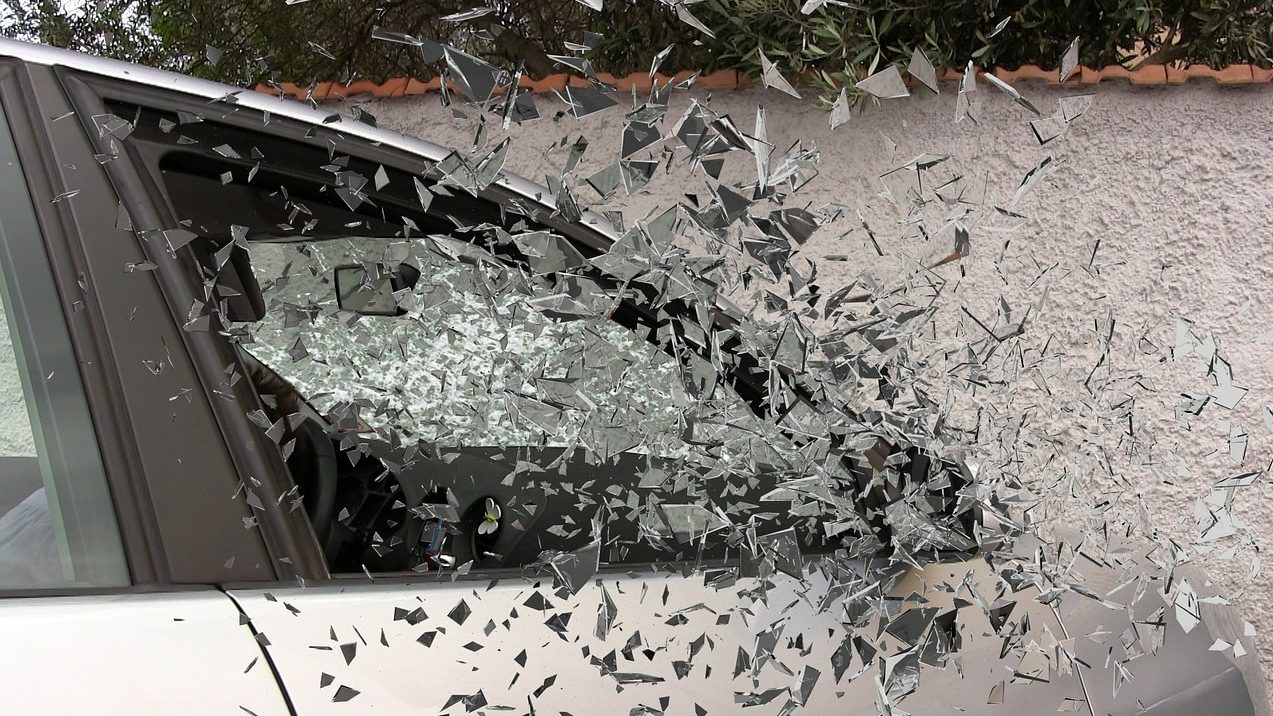Slaughter on Israel’s Roads: 19 Die in Accidents in One Week
Arab sector responsible for disproportionate number of vehicle crashes, police say
Nineteen people died on Israel’s roads last week in several car crashes, making it one of the deadliest periods in a long time.
“My heart goes out to the families of those killed in the accidents. … I wish a speedy recovery to all the victims. The carnage on the roads is not destiny and I am committed to continuing to make every effort to stop it,” Transportation Minister Merav Michaeli wrote on Twitter.
Dr. Erez Kita, CEO of Israel’s National Road Safety Authority, told The Media Line that, in Israel, an average of one person per day has died in traffic accidents for the last 10 years.
Since January, 228 Israelis have died as a result of road accidents. Some 52% of the fatal accidents were the responsibility of drivers from the Israeli Arab community, which constitutes 21% of the population, according to police figures.
Mudar Younes, head of the Ar’ara Local Council and chairman of the National Committee of the Heads of Arab Authorities in Israel, told The Media Line that the disproportionate number of Arabs involved in car accidents can be attributed to several factors.
First, he noted that the infrastructure in the Arab municipalities is not very good. “We are talking about sketchy streets, bumpy roads, not very good visibility, and congestion,” he said.
Also, Younes continued, many Arab citizens work outside of their town, which forces them to travel often and far. “There are contractors, for instance, who get in their cars every day and travel outside of the town to work,” he said, adding that these workers usually wake up very early in the morning to travel, which results in tired drivers.
“The third reason could, unfortunately, be related to awareness and culture,” he said. “Our youngsters get on the roads without responsibility, and the consequences are severe.”
He cited the accident that happened a few days ago, where two youngsters on motorcycles were filming a TikTok video.
This holiday season, give to:
Truth and understanding
The Media Line's intrepid correspondents are in Israel, Gaza, Lebanon, Syria and Pakistan providing first-person reporting.
They all said they cover it.
We see it.
We report with just one agenda: the truth.


Younes said the issue is not that people are not aware at all, but that the understanding of the importance of driving responsibly is weak.
Many Arab youngsters in Israel get in their cars to release their adrenaline because they do not have a better way to work off their energy, as opposed to the Jewish population, he said.
“If that same youngster would find a different activity such as sport or something else, there is a chance that he wouldn’t have been on the motorcycle that day,” said Younes.
Kita said the government does not have a plan of action to counter these accidents. He added that the National Road Safety Authority does have such a plan, but it needs a budget to put it in motion.
“We have a very ambitious plan,” he said, “where we intend to cut 50% of the road accidents in five years.”
The plan, explained Kita, combines several elements, including law enforcement, infrastructure, education, and technology.
“We have seen throughout the developed countries in Europe and the US that they have a plan, and they get the budget to deal with the situation,” he said.
Kita added that, in Israel, because of the political situation, the future of the plan is uncertain. “We can’t force the government that will be chosen after the election to give us a budget,” he said.
In the meantime, the National Road Safety Authority is exerting a lot of pressure on the current caretaker government to budget 100 million shekels (over $30 million) for a pilot program.
The ministries of Finance and Transportation and Road Safety are helping the authority to get the budget, he says.
“I want the new plan to give hope to the citizens, and I hope that they will see its results very soon,” Kita said.
Younes said education is one of the most important elements in which to invest in order to improve the situation.
“We all know that if you teach a child at school the importance of safety belts, when he gets in the car with his father he will ask why he is not wearing a belt. The same goes for driving through red lights. Children can counter that culture from their parents,” he said.
There is not enough education on road safety in the country in general, and in Arab society, the problem is even worse, Younes said. However, he added, this is not because of the lack of awareness but rather the lack of resources.
The local authorities have limited resources, he noted, “and they are invested in different issues. In the end, they are not enough to deal with the road safety issues as well,” Younes said.
Kita urged Israelis to drive safely, be aware of dangerous situations on the roads, think about safety, not drive while angry, and respect each other on the road.

